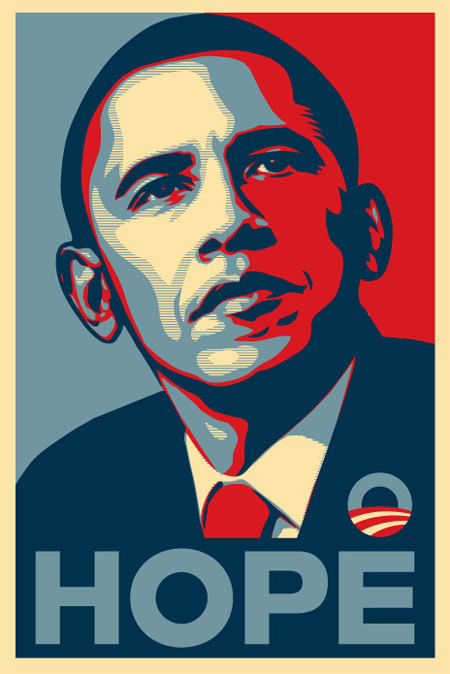
Here is a recent comment from Glenna Sloan:
Frye and Bloom? It would never occur to me to consider them together. My interest in Frye’s work is pragmatic and begins with the Anatomy and other writings. The interest centers on his views on education which are immensely important to me and have been the basis of graduate courses in education that I have developed and taught at Queens College, CUNY for decades. At the Frye symposium in Ottawa in 2007 we heard papers about Frye and Bakhtin, Frye in relation to other scholars. Provacative, perhaps. But Frye is in a class by himself. Let’s have more comment on what he had to say.
Earlier posts on this blog have recommended or suggested just the opposite of what Glenna is saying here: that we have to bring Frye into dialogue with current criticism and theory if he is to be made relevant again. But the term relevance simply means trendy, the idea that Frye’s thought can only be vindicated by its relevance to contemporary concerns. So I tend to be very much of Glenna’s school of thought. It is in fact easy to make Frye relevant to contemporary concerns, since his theory of literature and culture already includes them as modes of criticism and theory that have–to use a trendy term–”always already” been there. Much of contemporary criticism and theory are just recurrences of the same old fallacies. That is why the polemical introduction to Anatomy of Criticism has never dated: the only thing that has changed are the proper names. Literary and cultural criticism keeps looking outside itself for inspiration, and we end up with a host of historians, sociologists, and psychologists manqués masquerading as literary critics and scholars.
In a similar way, Frye always astonishes me by the way in which he has so much to say about current events today. Here, for example, is Frye on Obama:
One diachronic illusion is the democratic election ritual: the pretence that the new leader will begin afresh. Actually, every leader inherits a situation; almost everything he can do is prescribed for him. The head of a great power, like the President of the U.S., has a considerable potential power of destruction, but relatively little chance for creativity or innovation. Again, many things are technologically feasible which will not be done without a sufficiently powerful economic or political compulsion to do them: hence the sense of science-fiction unreality in so many gazes into the future. (para. 359, Notebook 12; CW 9: 219)

Great quote from Joe; Frye on Obama, indeed. Because Frye’s outlook is prophetic, it tends not to date and can always find a comfy fit in immediate circumstances as they unfold. And that’s a timely reminder to progressives not to despair, as they seem inclined to do, having internalized the condition of defeat after a generation of Reagan/Bush/Cheney, which has given way to the ugly absurdity of the Birthers and the Teabaggers (yes, I know they now call themselves Teapartiers once they realized that “teabagging” is a sexual term, but I’m just gonna go ahead and continue to call them the name they originally chose for themselves: it’s really the more apt metaphor).
David Plouffe, one of Obama’s advisers, recently said on The Daily Show — http://watch.thecomedynetwork.ca/#clip232452 — that “Obama is a chess player in a town full of checkers players.” And, man, can we see that already. The degree of advancement is nowhere near what liberals want because, let’s face it, liberals always want it yesterday and tend to be whiny and obstreperous when they don’t get their way right away. But the kind of advancement Obama’s made in very short order is breathtaking: at the very least, the crypto-fascist right is imploding and is now fully identified with the incoherent fatuity of Sarah Palin and the lachrymose paranoia of Glenn Beck. The ship of state does not turn on a pivot. But it does turn and will continue to do so until one day we wake up and suddenly realize that we are at last heading in the right direction. Because Obama’s audacity of hope is also Frye’s faith in things unseen: we may want them yesterday, but we are obliged to work for them today in a world that’s always wicked (viz. Senators McConnell, Lieberman, and Inhofe) and never fully willing to abandon its wicked ways (viz. the Cheneys: Dick, Lynn, and now Liz). It’s a bad old world. But it’s always possible, by our own efforts, to make it a brave now one.